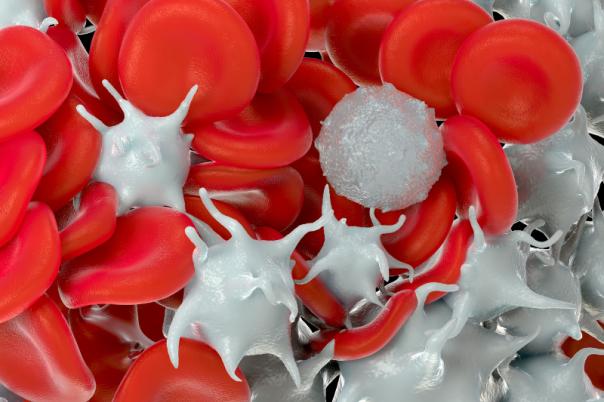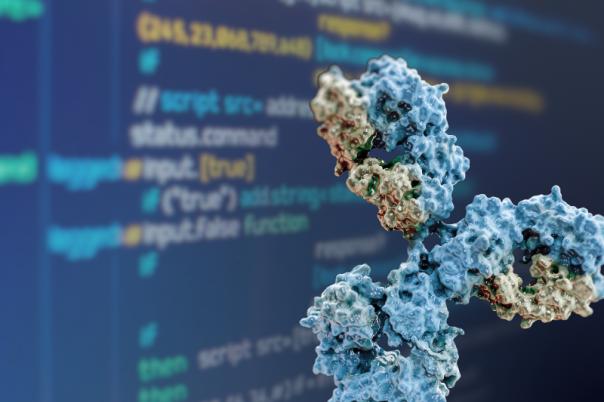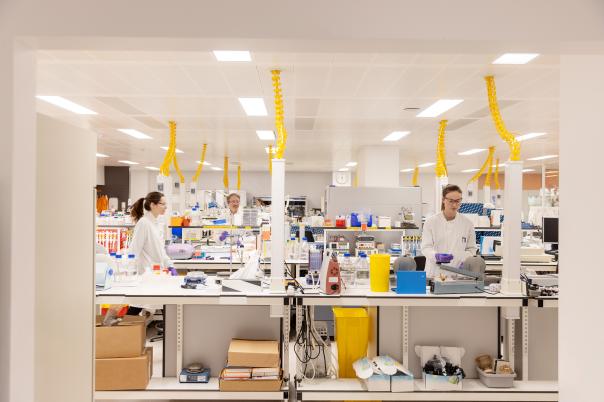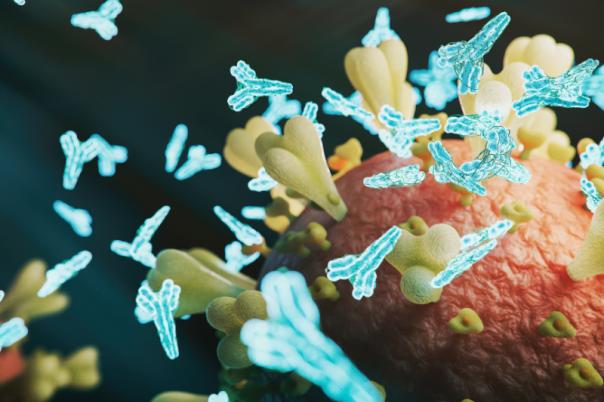David Pejoski, Co-Founder and Chief Executive Officer of Adoram Therapeutics, explained that pharmaceutical companies do not have a specific way to find allosteric modulators. Therefore, Adoram Therapeutics has developed a platform for screening allosteric modulators that target cryptic sites on GPCRs rather than usual orthosteric sites. This approach is effective in both negative (NAM) and positive (PAM) allosteric modulators.
Pejoski explained that allosteric modulators offer several benefits, including lower doses, better safety profiles, and more powerful modulation of receptor signalling. Furthermore, they do not compete with natural ligands and can induce signalling beyond natural levels.
Adoram’s current pipeline focuses on finding drugs that target an adenosine A2A receptor (A2AR) with applications in anti-inflammatory treatments and immunotherapy for solid tumours. Regarding the pathway, adenosine can act on 4 different receptors. However, A2AR is the most prominent on immune cells, reducing immune response by decreasing NF Kappa B. Allosteric drugs act more in disease tissues with high adenosine, inducing very powerful signalling.
In his talk, Pejoski focused on the anti-inflammatory drug discovery program. The first step involves identifying initial hits for the A2AR receptor. Then additional chemistry campaigns enhanced the potency of the hits. The preclinical translational experiments worked with human PBMCs and mouse models.
The data from human donor PBMCs showed a reduction of TNF alpha by 50% with allosteric modulators, with optimised leads reducing it even further. The molecules are tractable, lasting for 12 to 24 hours in the plasma of mice, and are now being tested in animal models to determine their relevance in different diseases. The company is now seeking to file a patent application and find chronic disease models to test the optimised leads.






